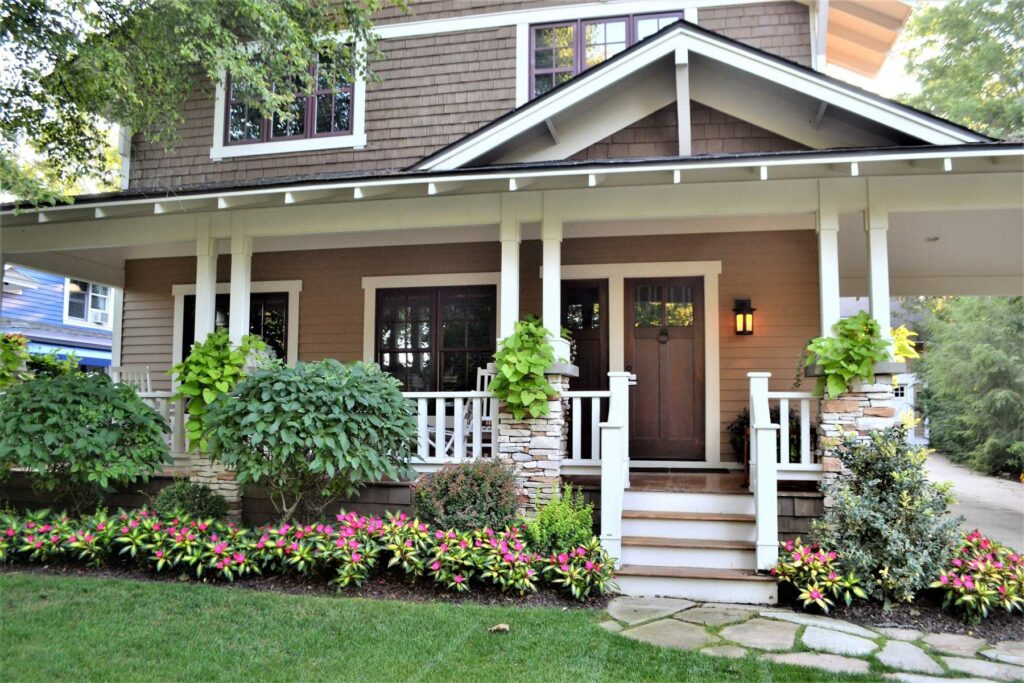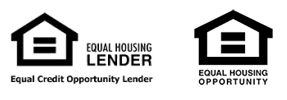FHA Loan Overview
An FHA loan is backed by the Federal Housing Administration, which is a government agency. Because this loan is backed by the government, it lets mortgage lenders offer lower interest rates, which helps home-buyers save money or increase their purchase price.

Like other loans, the FHA factors in your debt-to-income ratio, also known as the DTI. The lower your DTI, the better chances you have of getting approved.
One of the main advantages to an FHA loan? Compared to other loan types, it’s easier to get approved for an FHA loan. However, FHA borrowers have to pay mortgage insurance fees. These mortgage insurance fees are the same regardless of your credit score.
Pros:
- People with lower credit can qualify for this loan. Generally, the minimum credit score required is 580.
- The minimum down payment is 3.5%, which is much lower than the standard 5% to 20%.
- Even if you have a higher DTI, you can still get approved. Some people with a DTI as high as 49% can qualify.
- You’re allowed to get down payment money from “gift” sources. Gift funds can be given to the borrower from an immediate family member by directly wiring the funds to escrow at closing. The amount can cover the entire downpayment and closing costs.
- If you choose to reduce interest by prepaying on your mortgage, there are no prepayment penalties.
- You have the option to later refinance the FHA loan into a conventional loan, helping to get rid of those monthly mortgage insurance fees.
Cons:
- In most areas, the maximum loan limit is $356,362, which is smaller compared to other loan types.
- Upfront Mortgage Insurance Premium (UFMIP): You have to pay this additional cost upon loan closing, or you can choose to pay over time, by financing this fee into the loan amount.
- Monthly mortgage insurance premiums (MIP): These monthly insurance fees protect lenders in the event that the borrower defaults.
FHA Loan: Summary
Compared to other mortgage types, it’s easier to get approved for an FHA loan. Everyone’s situation is different. Maybe you received part of your down payment from a “gift” source, or you had credit problems in the past that you’re in the process of repairing. The FHA option helps you overcome these obstacles and get into your dream home faster.
On the other hand, this loan comes with additional mortgage insurance fees that may cost you more in the long term. Although, there are ways to reduce these fees later down the road.
What is a Conventional Loan?
A conventional loan is not insured by any government agency. So it can be more difficult to get approved for this type of loan. However, borrowers who get a conventional loan may pay less over time compared to those with an FHA loan.
Some conventional loans require a down payment as low as 3% (though for most conventional loans the down payment is the standard 5% to 20%). If you choose to put down less than 20% for a conventional loan, you have to pay a mortgage insurance fee each month
There are 2 types of conventional loans: conforming loans and non-conforming loans. Conforming loans follow a set of rules made by the Fannie Mae and Freddie Mac companies. These rules include factors such as maximum loan amount, borrower income, credit standards, and down payment.
The maximum loan amount is the highest amount of money you can borrow for a mortgage. For conventional loans that go over the maximum loan amount allowed by Fannie Mae and Freddie Mac, these are called non-conforming or jumbo loans. These loans have higher interest rates compared to conforming loans.
Pros:
- Compared to FHA loans, you can get a higher loan limit amount with conventional loans (about $548,250 in most areas).
- If your down payment is at least 20%, you don’t have to pay mortgage insurance fees.
- If you have a credit score of 720 or greater, you can get a better rate with this loan type.
- Some conventional loans require a down payment as low as 3%.
Cons:
- You need a good credit score to get approved (minimum 620).
- It can be harder to get approved if you have a higher DTI. The maximum allowed DTI varies depending on other factors such as available assets, but is still generally lower than an FHA loan.
- If you pay less than 20% down, you have to pay a mortgage insurance premium each month (However, this fee may be lower for borrowers with a credit score over 720).
Conventional Loan: Summary
Compared to FHA loans, it’s harder to get approved for a conventional mortgage. There are stricter rules having to do with credit, DTI, and down payment.
On the other hand, conventional loans come with less insurance fees, which can save you money in the long term. In addition, conventional loans offer a larger loan amount, which gives you the freedom to purchase a higher-priced home.
FHA vs Conventional Loans: Which is better?
The answer to this question has to do with your unique situation. Depending on your circumstances, needs, and wants, either an FHA or a conventional loan could be better suited for you.
Overall, while it’s important to research your different loan options, you should also speak to a mortgage professional who can look at your unique situation and help you choose the best course of action.


